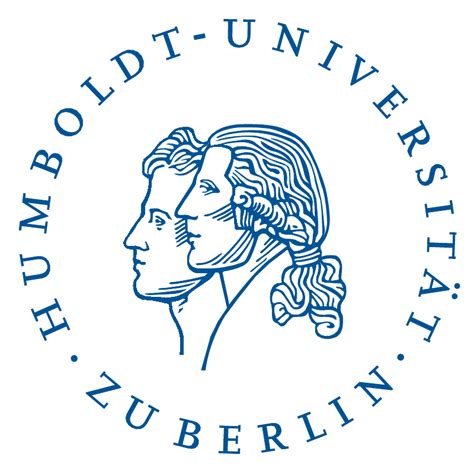Theory
Democratic theories
There are different kinds of democracies but all of them are based on the same basic institutions: "popular government" and the rule of law.
Democracy is the worst form of government - except for all the others.
~Winston Churchill~
~Winston Churchill~
Basic characteristics of democracies
- the people makes its decision in elections or votes
- elections/ votes are general, direct, free, equal and secret
- the people is the souvereign source of all public authority
- guarantee of basic rights for every single citizen
- seperation of powers into legislative, executive and judiciary
- freedom of speech
- freedom of press
Democracy in Germany
with its 146 articles, the German constitution forms the legal foundation:
- it includes the basic rights of German citizens, the tasks of the inidividual government bodies (parliament, Federal Government and Council)
- parliamentary and representative democracy
- antitotalitarian spirit of the constutution because of the experience with the Weimar Republic
- article 1-19 describes the fundamental rights of all citizens (freedom of speech, press,religion)
- these cannot be changed due to the eternity clause
- the other articles explain the system of government: here it is determined that Germany is a constitutional and welfare state
- article 20 stipulates that all power is vested in the people, in elections with both majority and proportional representation (first and second vote)
- head of state is the Federal President having mainly representative functions
- Federal government controlled by the parliament consists of a chancellor and ministers
- parliament is responsible for legislation
- Federal Council is also involved in legislation
- Federal Constitutional Court guarantees to protect the basic rights of every individual



